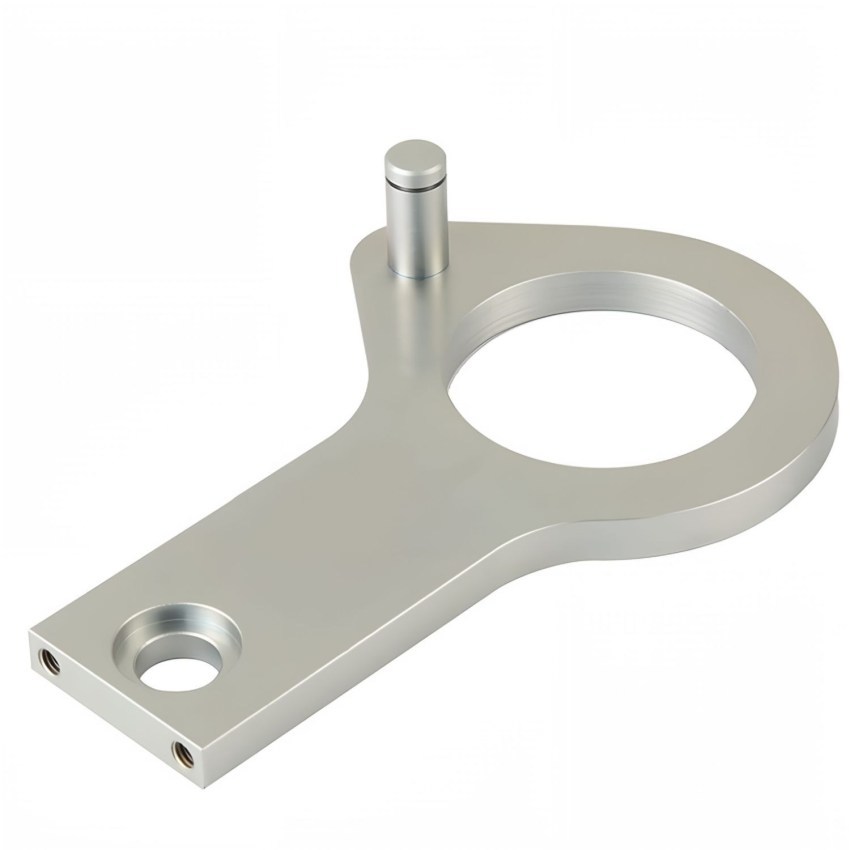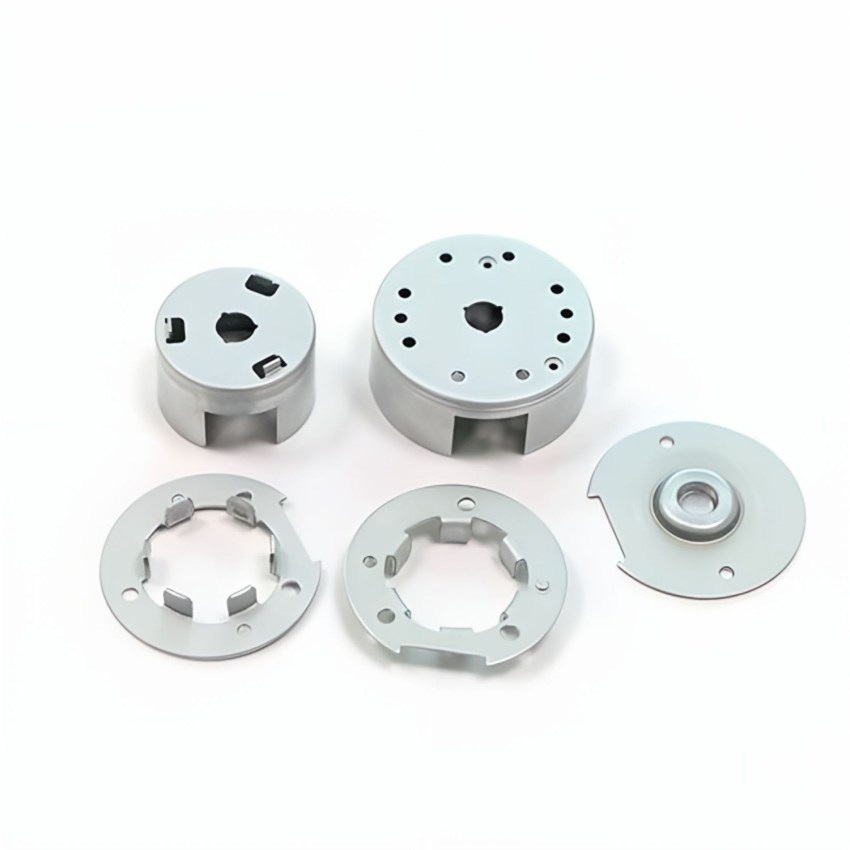Understanding Precision Machining in Sheet Metal Fabrication
Release time:
2025-01-29
Precision machining in sheet metal refers to a set of manufacturing processes that create precise and accurate components from metal sheets. This specialized form of machining plays a crucial role in various industries, including automotive, aerospace, electronics, and construction, where high precision and quality standards are non-negotiable. One of the primary advantages of precision machining

Precision machining in sheet metal refers to a set of manufacturing processes that create precise and accurate components from metal sheets. This specialized form of machining plays a crucial role in various industries, including automotive, aerospace, electronics, and construction, where high precision and quality standards are non-negotiable.
One of the primary advantages of precision machining in sheet metal processing is its ability to produce complex geometries and tight tolerances consistently. This is achieved through advanced techniques such as laser cutting, water jet cutting, CNC (Computer Numerical Control) machining, and stamping. These methods allow manufacturers to shape and form metal sheets into intricate designs that meet specific engineering requirements while maintaining the structural integrity of the material.
Laser cutting, for instance, utilizes focused laser beams to cut through metal sheets with exceptional accuracy. This technique is favored for its speed and ability to create intricate patterns without the need for extensive tooling. On the other hand, CNC machining employs computer-controlled tools to remove material from a workpiece, resulting in highly precise components. This method is particularly beneficial for producing parts that require repetitive accuracy, making it a staple in precision machining.
Another important aspect of precision machining in sheet metal is the surface finish. The quality of the surface can significantly impact the performance and longevity of the final product. Techniques such as grinding, polishing, and coating can be employed to enhance the surface finish, ensuring that the components not only meet aesthetic standards but also resist wear and corrosion.
Furthermore, the role of precision machining extends beyond just production. It also plays a significant part in prototyping and product development. By creating precise and accurate prototypes, manufacturers can test and validate designs before proceeding to full-scale production. This iterative process helps in identifying potential issues and refining designs early on, ultimately saving time and resources.
In addition to its technical aspects, precision machining in sheet metal fabrication also emphasizes sustainability. Manufacturers are increasingly adopting practices that minimize waste and energy consumption during the machining process. Techniques such as lean manufacturing and the use of recyclable materials are becoming more prevalent, ensuring that the industry moves towards a more sustainable future.
In conclusion, precision machining in sheet metal is a vital technique that enhances the manufacturing landscape. Its ability to deliver high-quality, accurate components makes it indispensable across various sectors. As technology continues to evolve, the methods and applications of precision machining will likely advance, further solidifying its importance in the manufacturing industry.
One of the primary advantages of precision machining in sheet metal processing is its ability to produce complex geometries and tight tolerances consistently. This is achieved through advanced techniques such as laser cutting, water jet cutting, CNC (Computer Numerical Control) machining, and stamping. These methods allow manufacturers to shape and form metal sheets into intricate designs that meet specific engineering requirements while maintaining the structural integrity of the material.
Laser cutting, for instance, utilizes focused laser beams to cut through metal sheets with exceptional accuracy. This technique is favored for its speed and ability to create intricate patterns without the need for extensive tooling. On the other hand, CNC machining employs computer-controlled tools to remove material from a workpiece, resulting in highly precise components. This method is particularly beneficial for producing parts that require repetitive accuracy, making it a staple in precision machining.
Another important aspect of precision machining in sheet metal is the surface finish. The quality of the surface can significantly impact the performance and longevity of the final product. Techniques such as grinding, polishing, and coating can be employed to enhance the surface finish, ensuring that the components not only meet aesthetic standards but also resist wear and corrosion.
Furthermore, the role of precision machining extends beyond just production. It also plays a significant part in prototyping and product development. By creating precise and accurate prototypes, manufacturers can test and validate designs before proceeding to full-scale production. This iterative process helps in identifying potential issues and refining designs early on, ultimately saving time and resources.
In addition to its technical aspects, precision machining in sheet metal fabrication also emphasizes sustainability. Manufacturers are increasingly adopting practices that minimize waste and energy consumption during the machining process. Techniques such as lean manufacturing and the use of recyclable materials are becoming more prevalent, ensuring that the industry moves towards a more sustainable future.
In conclusion, precision machining in sheet metal is a vital technique that enhances the manufacturing landscape. Its ability to deliver high-quality, accurate components makes it indispensable across various sectors. As technology continues to evolve, the methods and applications of precision machining will likely advance, further solidifying its importance in the manufacturing industry.
Key words:




